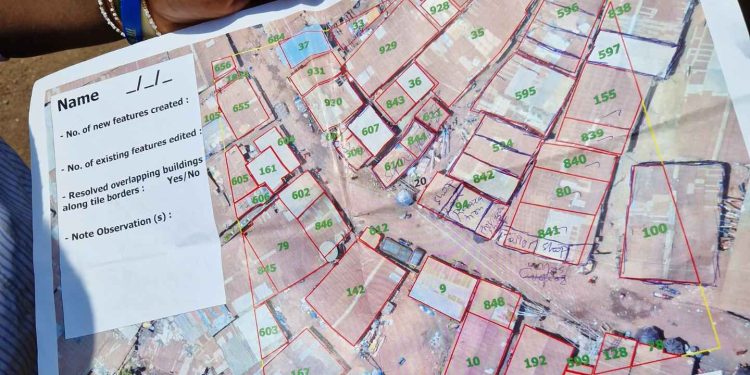By Alimamy Kabia (Tiger), 7th June, 2025.
Tel: 076 717 841.
In the lexicon of political strategy, territorial control is a powerful tool; whether on a military battlefield or in the administrative governance arena.
Today, Sierra Leoneans must critically examine a growing concern the proposal to divide the capital city, Freetown, into two or more separate municipalities. While presented as a move toward administrative efficiency, such an act bears all the hallmarks of administrative gerrymandering a calculated partitioning to serve political ends rather than the public good.
Unlike traditional gerrymandering, which manipulates electoral boundaries to create a political advantage, administrative gerrymandering involves redefining districts, cities, or governance structures in ways that shift political power. It’s subtler, cloaked in bureaucratic language about “decentralization,” “efficiency,” or “inclusion”, but its purpose is the same to control outcomes by redrawing the map.
Freetown, a vibrant and diverse city, is not just Sierra Leone’s capital; it is a cultural and political symbol.
Any move to divide it into smaller cities carries heavy implications:
■ Dilution of opposition power in areas that traditionally resist the ruling party.
■ Fragmentation of civic identity, weakening collective political voice.
■ Creation of new political strongholds, where loyal local governments can be installed.
Despite being framed as a step toward decentralization, the timing, political undercurrents, and lack of broad public consultation strongly suggest this is less about governance and more about electoral engineering.
To better understand what’s happening in the proposed division of Freetown, we can borrow a metaphor from military strategy: Battlefield Segmentation.
In warfare, commanders divide a battlefield into zones or sectors to:
Isolate enemy forces,
Control movement,
and create operational superiority by breaking a unified front.
This is not random; it is strategic partitioning to gain dominance.
Now, imagine Freetown as a battlefield. The ruling party identifies areas of strong opposition say, central or western parts of Freetown and seeks to segment the political terrain by:
– Creating artificial boundaries that reduce the opposition’s influence,
– Installing loyal administrators over newly created zones,
– And dividing the electorate to prevent unified dissent.
Just as battlefield segmentation isolates enemy forces to defeat them in detail, administrative segmentation of Freetown isolates political opposition, eroding their ability to act collectively or maintain influence.
Partitioning Freetown won’t just change maps; it could:
● Undermine democratic accountability, as governance structures are manipulated.
● Deepen ethnic and regional divides, especially if boundaries align with identity lines.
● Weaken public services, as resource distribution becomes politicized.
● Frustrate voters, who may see fewer tangible benefits from fragmented leadership.
When a city is sliced for political convenience, the people are left to deal with a divided identity and compromised representation.
History shows that once a precedent for gerrymandering is set; whether electoral or administrative, it’s hard to undo.
Sierra Leone must ask is dividing Freetown really about improving governance, or about tilting the battlefield of democracy?
If the ruling government wants to reform Freetown, let it do so transparently, collaboratively, and with broad consensus. Otherwise, the act of dividing the capital will be remembered not as progress but as a political manoeuvre cloaked in bureaucratic language an administrative battlefield segmentation aimed at victory, not service.
NA DI WORD DAT OOOH!!!











